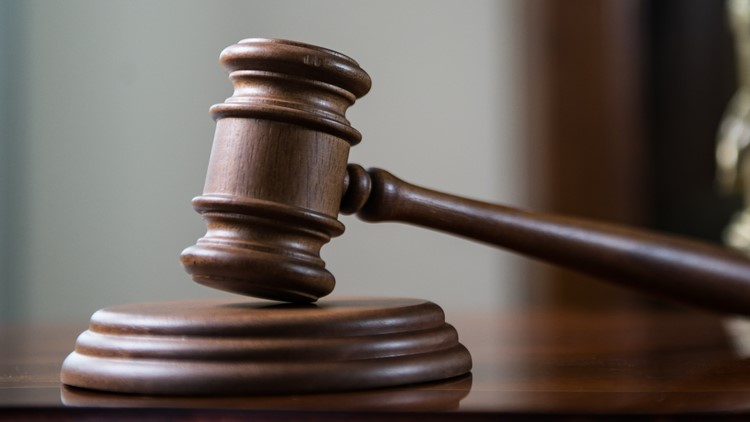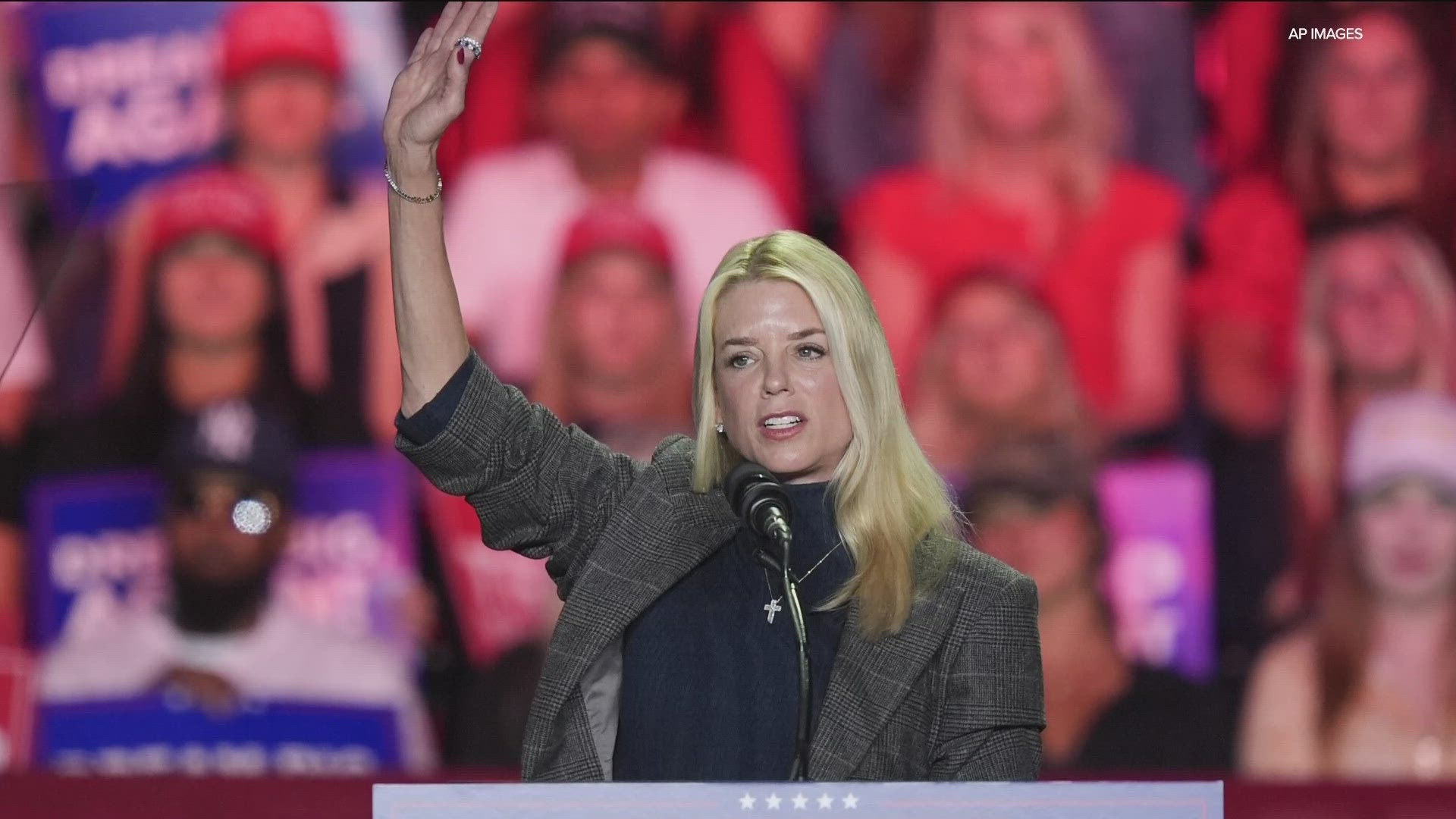ST PAUL, Minn. — The Minnesota Supreme Court has turned away a challenge to a new state law that restores voting rights to convicted felons who have completed incarceration.
In its ruling published Wednesday, the court upheld a district court ruling stating that the Minnesota Voters Alliance lacked legal standing as taxpayers to challenge the Re-Enfranchisement Act.
"Taxpayer standing exists only when the central dispute involves alleged unlawful disbursements of public funds; when standing would not otherwise exist to challenge a substantive law, a taxpayer cannot manufacture standing by pointing to expenditures that are incidental to implementing the law," the ruling's syllabus reads.
Minnesota Attorney General Keith Ellison lauded the unanimous Supreme Court decision, saying legislation to restore the voting rights of felons who have served their sentences is something he introduced as a state legislator 20 years ago.
“Democracy is not guaranteed - it is earned by protecting and expanding it,” Ellison said in a released statement. “Today, the Minnesota Supreme Court protected the right of 55,000 Minnesotans to participate in our democracy, so today, our democracy is stronger. I’m proud my office successfully represented Secretary Simon against this baseless challenge."
In a news release, the Upper Midwest Law Center, which represented the Minnesota Voters Alliance in the case, said the ruling failed to answer the constitutional questions of the case and will make it harder for taxpayers to hold the government accountable in the future.
"We are deeply frustrated that the Minnesota Supreme Court chose to limit our clients’ rights as taxpayers to challenge their government’s unlawful actions in the courts,” said Doug Seaton, President and Founder of Upper Midwest Law Center. "This decision sidesteps the necessary constitutional scrutiny and leaves Minnesotans without a clear resolution on the legality of significant changes to our voting laws."
This wasn't the first legal challenge to the law; last year, the Minnesota Court of Appeals overruled a Mille Lacs County judge who declared the law unconstitutional. The Court of Appeals said the judge exceeded his authority.
The felon voting rights law, signed by Gov. Tim Walz in March 2023, took effect in July 2023. It was estimated to restore voting rights to 55,000 convicted felons who had completed their prison term but remained on probation.
Read the full Minnesota Supreme Court decision on the court's website.



